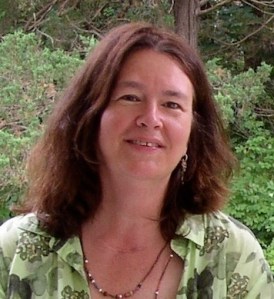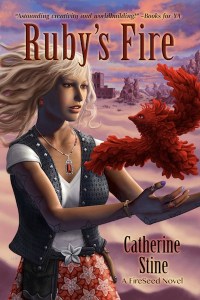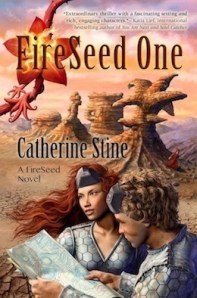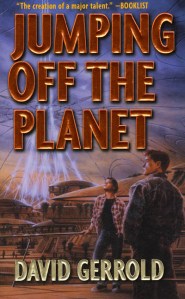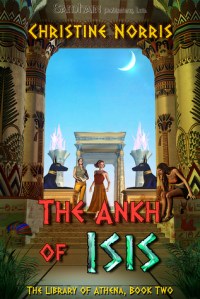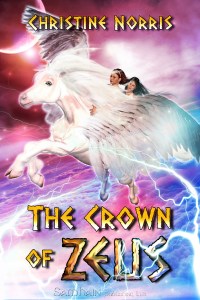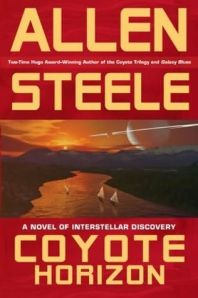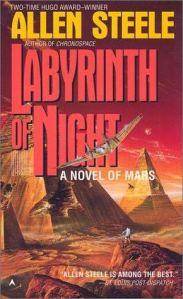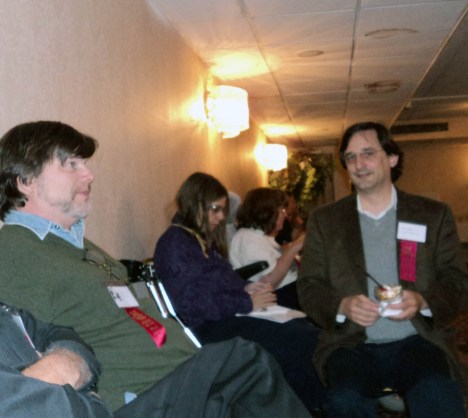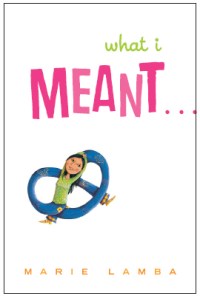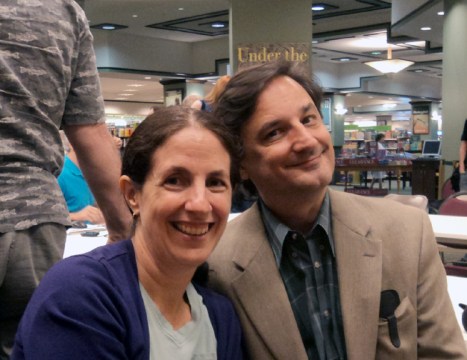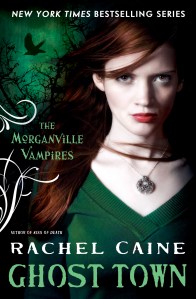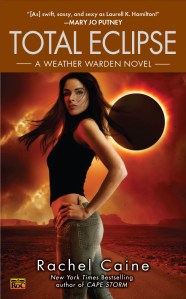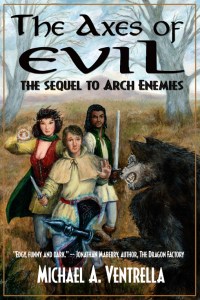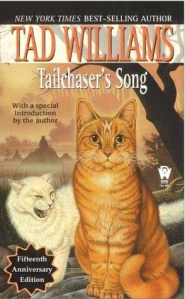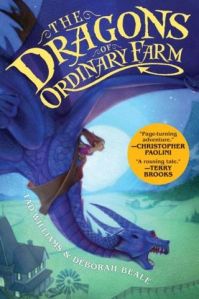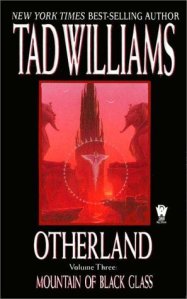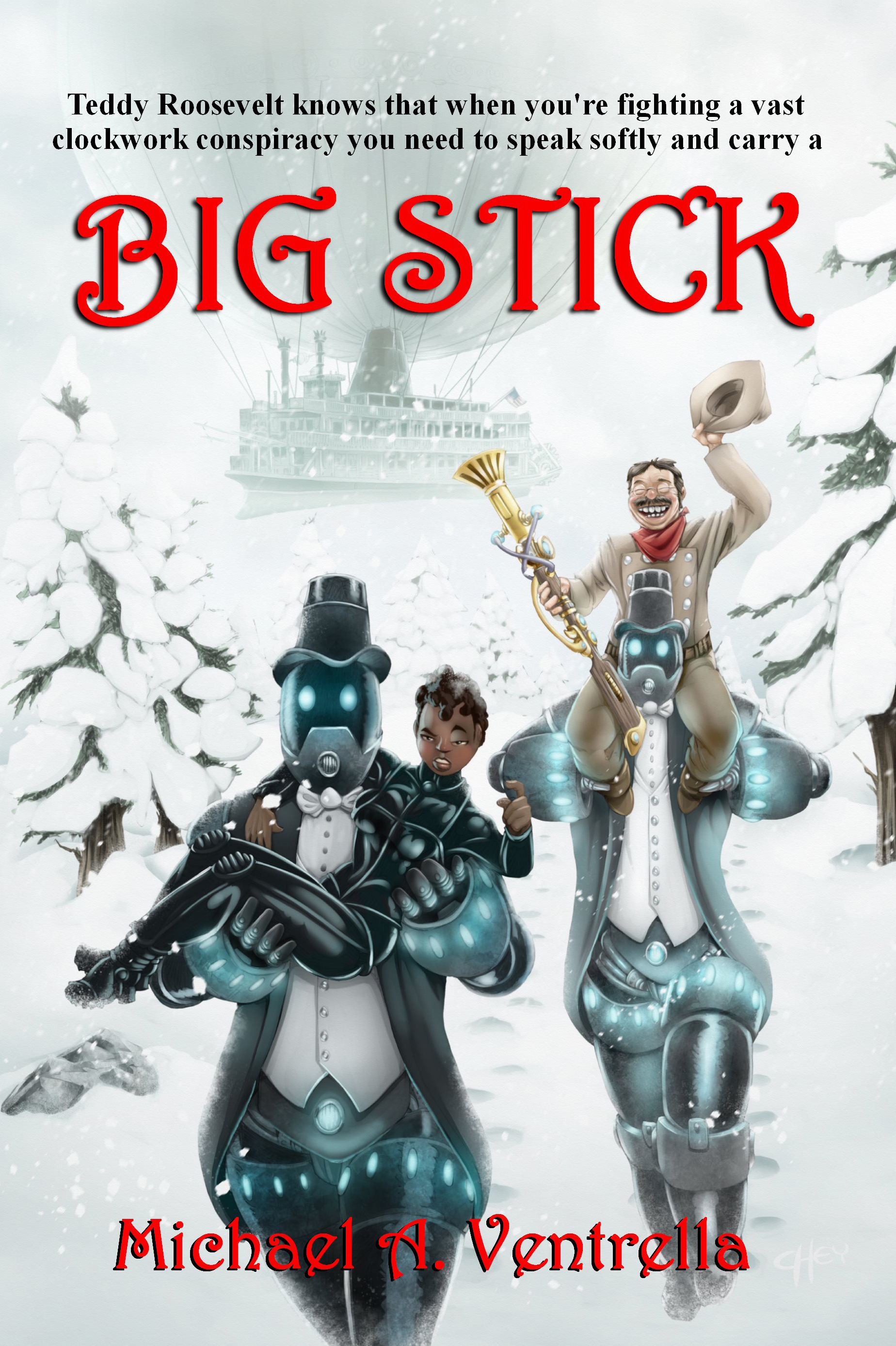MICHAEL A. VENTRELLA: I am pleased to be interviewing good friend Kerry Gans today (We’ve both studied under the Master Jonathan Maberry). Kerry is the author of several short stories, a family history book, and the middle grade novel THE WITCH OF ZAL. She is a chocoholic theater geek, believes libraries are magic, and considers Chincoteague Island her perfect writing retreat. When not writing, she haunts cemeteries and dusty archives in search of long-dead ancestors and pursues her most important work-in-progress, her daughter.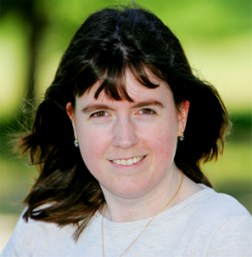
Tell us about your newest book!
KERRY GANS: THE WITCH OF ZAL is a re-envisioning of The Wizard of Oz. It’s a genre twist, in that Dorveday is from a completely urbanized sci-fi world, which makes rural, magical Oz quite the culture shock. 12-year-old Dorveday runs away from home to protect her robotic dog from the oppressive Ministry, and she accidentally lands in Oz. A Victorian gentleman Scarecrow, a clockwork Tin Man, a literally yellow-streaked Lion, and an escaped slave boy help Dorveday to find her way home to Zal. Together they battle zombicorns, killer butterflies, and an alchemist Wicked Witch while overturning society as Oz knew it. But will Dorveday return home in time to save her mother from Ministry threats—and can one girl shake up Zal the way she did in Oz?
VENTRELLA: What made you decide to write an Oz book?
GANS: I never set out to write this book. The book started out as a homework assignment. Jonathan Maberry asked us to take the Dorothy meets the Scarecrow scene from The Wizard of Oz and rewrite it in a different genre. I made Dorothy from a science-fiction world, so rural Oz would be completely alien to her. I had so much fun writing this scene, I decided to write the entire book!
VENTRELLA: What is the main difference in writing a middle grade book and an adult book?
GANS: In a middle grade book like THE WITCH OF ZAL, there are a few guidelines (all of which can have exceptions, of course). No sex. No falling in romantic love. No swear words. Make sure the vocabulary fits the age group. Most important, the kid has to be the hero, the one who solves the problem in the end.
While I do think you can tackle any topic you want in a middle grade book (even difficult topics like abuse and death), there is a certain sensitivity you need to bring with you. Perhaps certain scenes happen off-stage that in an adult book you would see. Perhaps the language you choose is not as harsh or as stark as you might use in an adult book. So while I would never tell a writer to avoid hard topics in middle grade, be aware that if you want to get it published you probably can’t handle the topic as baldly as you would with an adult book.
VENTRELLA: Tell us about the publishing decisions made.
GANS: I tried to get an agent for Zal, but no one showed interest. This was quite soon after the movie Oz The Great and Powerful had come out and didn’t meet expectations, so I think people were not interested in another Oz offering. Jonathan Maberry suggested I send it to a small press that was looking to start a middle grade fantasy line. Turns out that Charles Day, the publisher at Evil Jester Press, is crazy for Oz stuff and really believed in the book. So I got my first book contract with no agent—a scenario I had never envisioned. But it pays to keep your mind open and never get so tunnel-visioned on one way of publishing that you miss opportunities that come your way from unexpected sources.
Once I was on board at Evil Jester, I did book edits (several rounds) with the editor. We also needed a new title because my working title didn’t work for the market. My publisher is also an illustrator, so he did the cover art for the book. We went through multiple rounds of cover art until we settled on the one we have. Working with a small press, I had a lot more input throughout the entire process than I would have with a large traditional press.
VENTRELLA: Why did you decide to go that route? Any regrets?
GANS: I wanted my first book to be with a press—I did not want to self-publish. I wanted to go through this entire publishing/marketing process with someone else, someone who would have my back and who could brainstorm ideas with me. In many ways, a small press is the best of both worlds, in that the author often has more control over the final product (such as cover art), while having a larger reach than they could get by themselves.
I wouldn’t say I have regrets—the people at Evil Jester are great and so supportive. I do have lessons I have learned, though. The biggest one is that while a small press gives you the best of both worlds, a small POD (print on demand) press is often trapped between the worlds of self-publishing and traditional publishing. I have found in trying to get the word out that I can’t capitalize on many self-publishing marketing strategies because I don’t have the ability to control pricing and other variables, yet because we are POD I am not eligible for many of the traditional marketing avenues, either. If your small publisher does a traditional print-run, most of those closed doors open.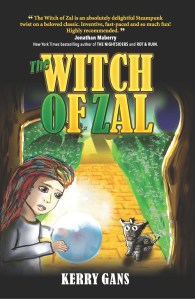
I would never discourage someone from going the POD route—I feel it makes the most sense financially and environmentally—but be prepared to be a little more creative with your marketing. A huge self-publishing support network has grown up to serve that community, but there is not a similar system for POD small publishers. I think there is a need for it, and it may yet arise.
VENTRELLA: What is your writing process? Do you outline heavily or just jump right in, for instance?
GANS: My writing process is constantly evolving. I’m not a huge plotter—I usually know the beginning and the end and a few scenes in between. I used to write everything straight onto the computer, but now I’m incorporating writing longhand again. I’ve found that when I write longhand, what I write has a vastly different feel and depth than what I write straight to the screen. I also find that I get “attached” to the words on the screen—I have trouble thinking outside what is already there. I don’t have that problem with handwritten pages—I can cross out, draw arrows, have notes in the margin. It frees something in my revision brain.
So my current process looks something like this: 1) a short sketch of what I know about plot and character, 2) perhaps a typed up “first draft” that acts as a fleshed-out outline and lets me get to know my characters, 3) using that as a guide, write the whole thing longhand, 4) type it in fresh from the longhand manuscript. I haven’t actually written a book from scratch since I re-incorporated my longhand writing, so I’m not certain this is the way it will work. But that’s my plan.
VENTRELLA: What do you do to avoid “info dumps”?
GANS: I write a really bad first draft, then go back and cut mercilessly. If the reader doesn’t need to know that info at that moment, then it can go. And since the first draft is complete, I can see where the information I’m cutting works better, where it actually belongs—or even if it’s not needed at all.
VENTRELLA: Do you think it is important to start by trying to sell short stories or should a beginning author jump right in with a novel?
GANS: I think it depends on the author. Writing short stories is a completely different skill set than writing a novel. Some authors are more naturally attuned to the short story skills, others to the novel skills. I will say that even if you are focused on being a novelist, gaining that short story skill set is vital. It helps sharpen your craft, and we are seeing that writing short stories using your characters and your world between novels is a great way to keep your audience rabid while they wait for your next book. Writing and publishing short stories as a stepping stone to getting a first novel published, however, is no sure-fire path to success. A few stories in high-quality publications is never a bad thing, but agents won’t take you on the basis of those stories alone—they need to know you can write the novel you’ve pitched. Bottom line, if you love to write short stories, write them, but if your heart is in the long form, follow it. There is no single “right” path to publishing success.
VENTRELLA: What’s your opinion on self-publishing?
GANS: I have no problem with self-publishing—in fact, my genealogy book is self-published. There is absolutely a place for self-publishing and it fills the voracious appetites of the readers. There is some very good self-published literature. However, there is undoubtedly a large amount of poorly written self-published work out there, which tarnishes the self-publishing “brand” for everyone. Some people hypothesize that eventually a system will rise to help readers separate the professional-level work from the first-draft level work. Amazon’s warning labels for error-riddled books may be the first step. Ironically, we may see the rise of gatekeepers on the very platforms designed to help us escape the gatekeepers.
VENTRELLA: What sort of advice would you give an un-agented author with a manuscript?
GANS: In this day and age, there are a lot of publishing paths available. The first thing I would tell them to do is get it professionally edited—get themanuscript into top-tier condition. The second thing to do is decide what they really want from the publishing experience. Depending on their goals, they can then decide whether they want to pursue self-publishing, traditional publishing, or something in-between. But whatever road they take, make sure they put out a professional-level product.
VENTRELLA: What advice would you give to a starting writer that you wish someone had given to you?
GANS: I did get this advice when I was a novice writer, but I wish I had gotten it earlier because I would have gotten started on my career sooner.
Jonathan Maberry once told a group of us that if we were serious about wanting to be professional writers, we had to start calling ourselves writers—even if we had a day job where we did something else. For instance, we would answer, “What do you do?” with “I’m a writer and a video editor.” Once we start saying it aloud, once we own that part of ourselves, many things start to change.
Once I started following that advice, my writing career advanced. When you openly claim your writing, you look at it in a different way. It’s not a little hobby you feel you have to hide—it’s a part of you that you are proud to claim. You view yourself through a different lens, too, because you’re not denying a part of who you are anymore. You gain confidence in that. You meet others who also identify as writers. Most of all, by saying it out loud, you’re giving yourself permission to make writing a priority in your life.
VENTRELLA: What projects are you working on now? What can we expect next from you?
GANS: I have 2 books in active revision and another on the revision back-burner. The book closest to being ready is The Curse of the Pharaoh’s Stone, which is a middle grade historical adventure. Set in 1922 Philadelphia, a 12-year-old boy tries to break the curse he believes he placed on his family. While trying to decipher the Egyptian artifact he thinks powers the curse, he places his family in very real danger from a man who would kill to possess the artifact the boy guards.
I’m deep into revisions of a Young Adult sci-fi novel, Veritas. In this book, a 16-year-old girl who has been told all her life she is worthless discovers that she controls the greatest power in the universe. But is that enough to stop a war and gain her father’s love?
My back-burner book has been out on submission to agents, but early feedback leads me to believe it’s not quite ready, so I’ll be looking at it again before I send it out anymore. The Oracle of Delphi, Kansas is a YA contemporary fantasy, where a 16-year-old daughter of Apollo is torn between her human side and her godly side. When her half-god boyfriend threatens the entire town with destruction, she must either stand with him as a god and sacrifice the people she loves or stand against him in defense of humans—and maybe lose her life.
VENTRELLA: With a time machine and a universal translator, who would you invite to your ultimate dinner party?
GANS: As a person with anxiety disorder whose panic attacks are often triggered by eating with others, I would never hold a dinner party. But if I did, I would invite my ancestors—particularly the ones where I can’t find their parents. My brick walls and dead ends. They could not only tell me their lineage, but I would find it fascinating to hear about their lives—particularly the ones who immigrated to the U.S. Most times they didn’t leave any information as to why they left their home countries for America, or what they felt as they tried to assimilate to a new culture. I’d be taking a ton of notes!
Filed under: writing | Tagged: agents, editors, ideas, Jonathan Maberry, Kerry Gans, new writers, publishing house, self-publishing, Wizard of Oz, writing advice, young adult, Young Adult fiction | Leave a comment »


